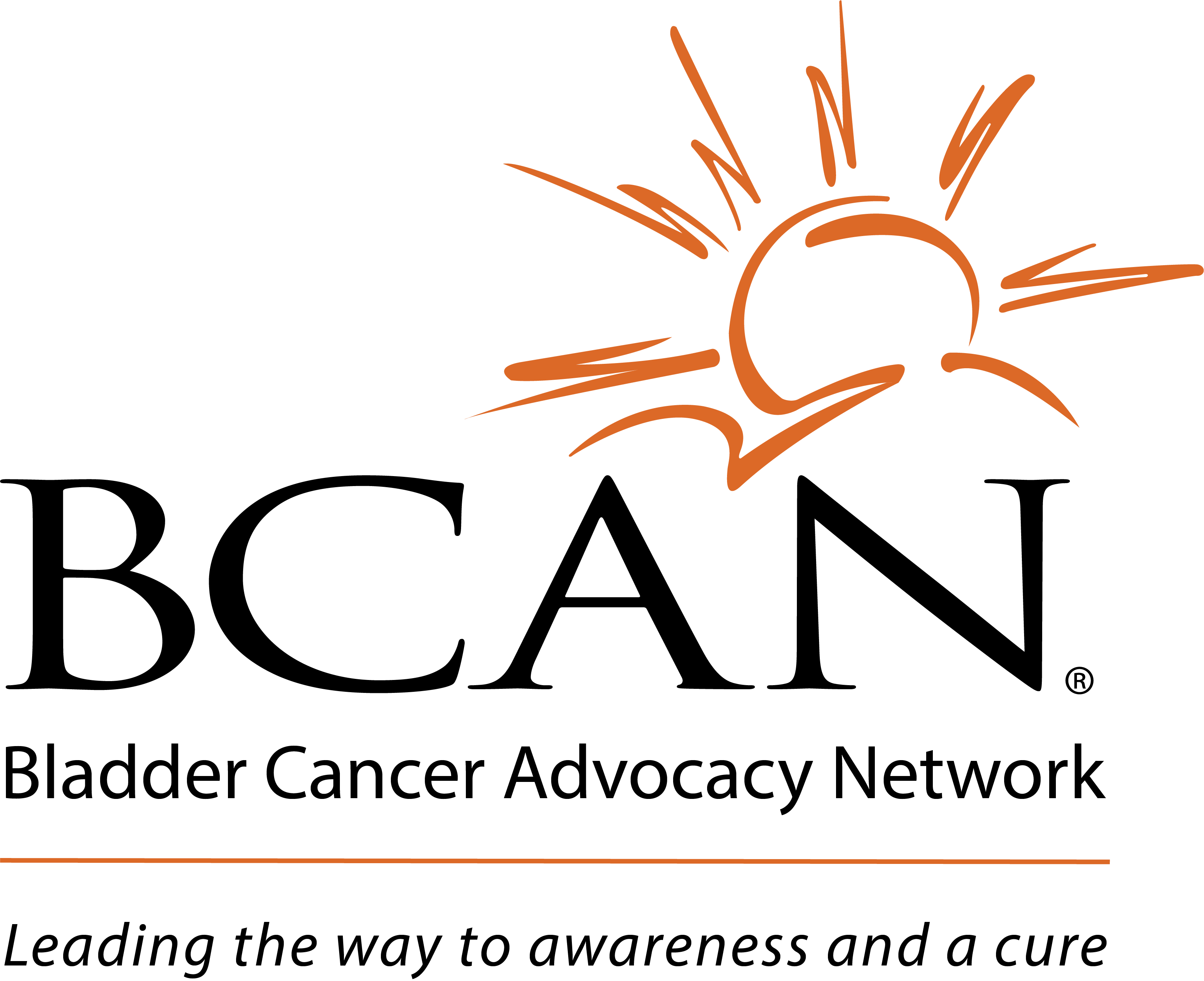
As Cases of Bladder Cancer Rise, One Organization Can Help Educate and Connect Patients

To discuss the projected rise in bladder cancer cases in 2021, CURE® spoke with Bladder Cancer Advocacy Network (BCAN) co-founder Diane Zipursky-Quale, who offered some insight on why the numbers continue to rise, and provides some hope in the form of educational programs offered by her organization.
The American Cancer Society’s
To discuss the projected rise in bladder cancer cases in 2021, CURE® recently spoke with Bladder Cancer Advocacy Network (BCAN) co-founder Diane Zipursky-Quale, who offered her insight on why the numbers continue to rise.
Zipursky-Quale also touched on some bladder cancer warning signs for individuals to be on the lookout for and talked about some new educational programs BCAN is introducing this year to help patients navigate the cancer journey.
CURE: The American Cancer Society's latest Facts and Figures report has indicated that while some types of cancer diagnoses are on the decline, unfortunately, bladder cancer cases are projected to rise by about 3% in 2021. Why do you think this is the case?
Zipursky-Quale: Well, of course, I don't have a definitive answer for you. But I do know that we have seen bladder cancer cases have been rising. Certainly, in the 20 years that I've been engaged in this field, we've seen the numbers going up. In part, the population increases, so the number of cases rise. But bladder cancer, also of all cancers, has the highest median age of diagnosis, which is 72, or 73. So I think in part, what we're seeing is as the baby boomers are getting older, and there are more of us, it's possible that we're seeing more cases of bladder cancer just as our population is aging.
The kind of good news about that, though it's weird to say there's good news about anybody's cancer diagnosis, but we're also seeing a decline in other diseases, including cardiovascular disease. So, it's entirely possible that as people are living longer, some are getting bladder cancer, whereas before, because of heart disease or lung disease, they might not have reached the ages they're reaching now.
What impact would you say this pandemic has had on bladder cancer screening and diagnosis?
You know, it's a little too soon to say, but I know when […] COVID was still relatively new, we were really concerned about the impact it would have. People were afraid to leave their homes, so they might not have been going as frequently or when they needed to for initial screening and diagnosis. But we've seen now that there's a new normal, and with adequate PPE (personal protective equipment) at clinics and hospitals and the terrific protocols that the health community has put in place, we've seen the clinics and the doctors are as busy as they have been. They are seeing patients, so people are getting the care that they need.
What are some signs and symptoms of bladder cancer that individuals should be on the lookout for?
Blood in your urine! If there's one message I can leave everyone with today, blood in your urine is never normal. And you always need to have it checked out. There are dozens of reasons that an individual might have blood in their urine. And it's not necessarily bladder cancer, but never assume that it's something that's not to be concerned about, and always get that checked out.
And then if you notice a change in your frequency, or if it's feeling more urgent or more painful, that also could be a sign that there's certainly something going on with your urinary system. And you need to have that checked out as well.
Are there any potential risk factors for this specific type of cancer that people should be aware of?
Well, part of what we just talked about is age: it tends to hit older people. Smoking is probably the single greatest risk factor for bladder cancer. And if you think about it, as you inhale these toxins, anything that you put into your body goes through your body and sits in your bladder. So, these toxins that you inhale can then directly impact the health of your bladder.
Similarly, we've found that people who work in certain industries where they're exposed to certain chemicals might also be at greater risk for bladder cancer for that same reason. And interestingly, too, Agent Orange has now been put on a list for veterans as a potential exposure that could lead to bladder cancer.
What is BCAN working on this year to help patients with bladder cancer take on this disease?
We have a whole host of
We now have a podcast, called Bladder Cancer Matters, featuring discussions with scientific experts on various issues that are of interest to the bladder cancer community. We have a new newsletter on health and wellness that comes out quarterly that will help patients and their families think about things like nutrition and diet and learning how to live well with your cancer. We've also started another educational program where we have doctors talking with their patients, called Treatment Talks, and of course, we continue our webinars and our Coffee & Conversations series, where we provide a forum where patients and family members and caregivers can ask questions.
Because knowledge is power. Knowledge is key. And we want to make the effort to be part of our treatment team, and know which questions to ask, and really have a sense that we are doing everything possible to improve the quality of our life.
For more news on cancer updates, research and education, don’t forget to




